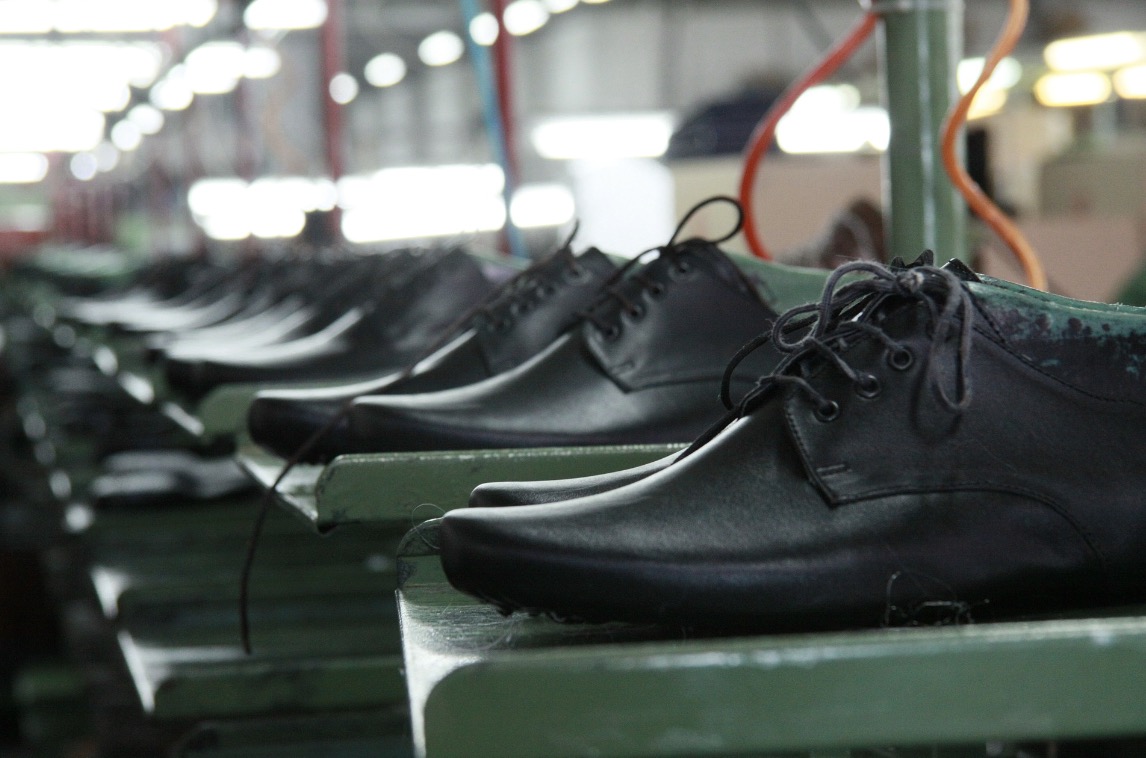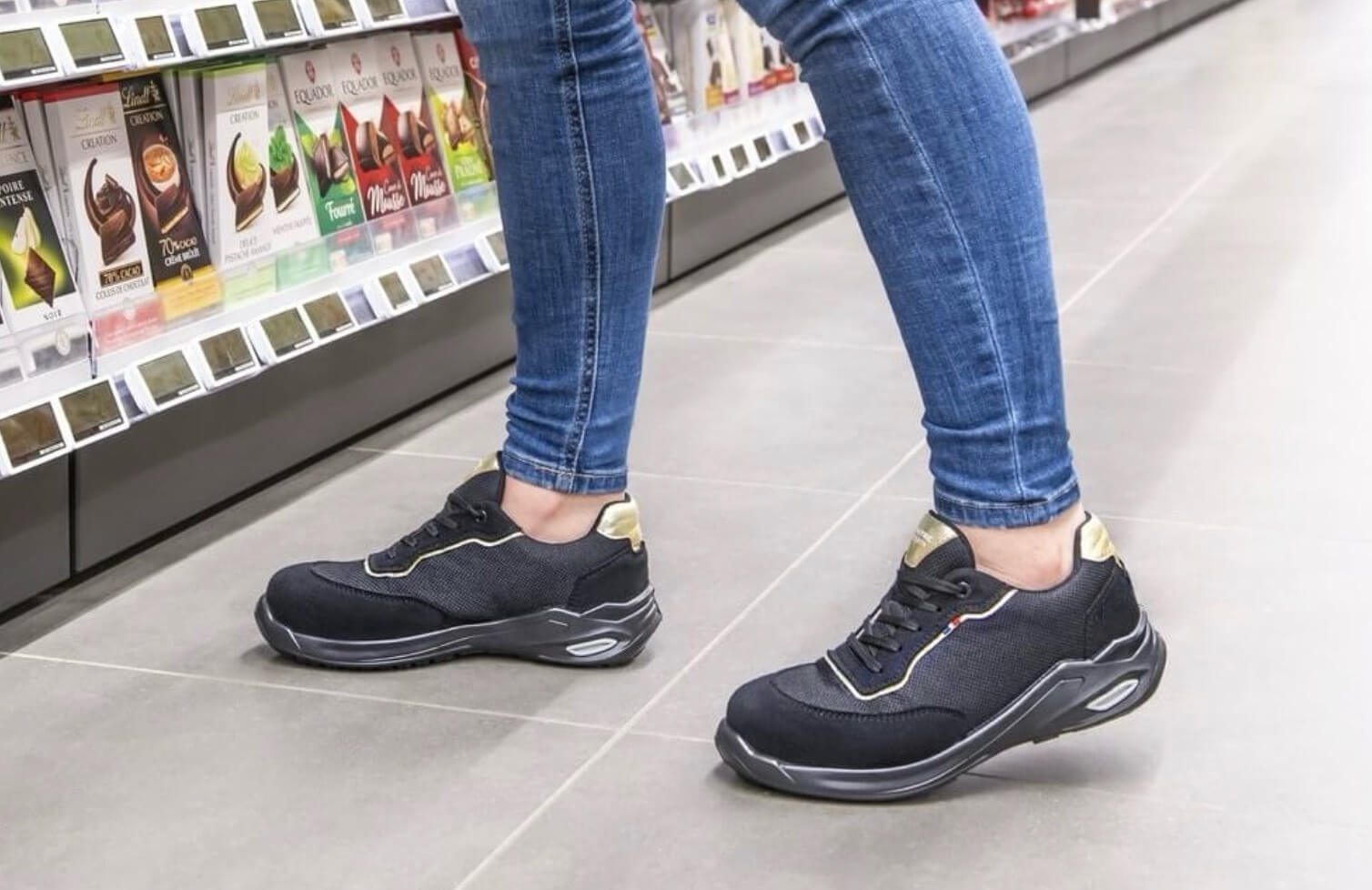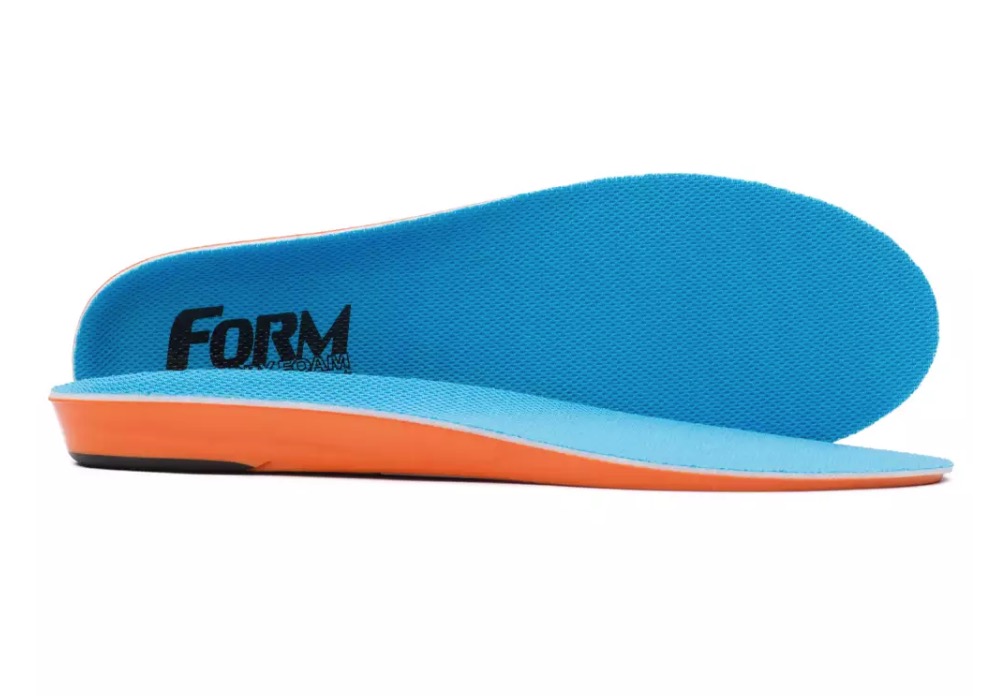As a brand owner or a wholesale buyer, you know that your brand’s reputation is your most valuable asset. And in the footwear industry, that reputation is built on one thing: quality. A great design can get you the first sale, but it’s the consistent, reliable quality of your products that will earn you a loyal customer.
I’ve been in the shoe manufacturing business for over 15 years, and I’ve seen firsthand how a rigorous quality control process can be the difference between a brand that thrives and a brand that fails. In this comprehensive buyer’s guide, I’ll break down the entire process of evaluating quality control in footwear manufacturing, from assessing material quality to understanding advanced inspection technologies. This is your playbook for building a more resilient, valuable, and profitable footwear business by ensuring that every pair of shoes that carries your brand name is a product you can be proud of.
The Foundation of Quality: Material Assessment
Everything starts with the materials. You can have the best design and the most skilled workers in the world, but if you start with poor quality materials, you will end up with a poor quality shoe. A great manufacturer will have a rigorous process for assessing the quality of all incoming materials.
Leather, Synthetics, and Textiles: What to Look For
Leather: For leather shoes, the manufacturer should be checking for things like the thickness, the color consistency, and any defects in the hide. They should also be transparent about the grade of leather they are using (full-grain, top-grain, etc.).
Synthetics: For synthetic materials, the manufacturer should be testing for things like durability, colorfastness, and chemical compliance (especially if you are selling in the EU, where REACH standards are very strict).
Textiles: For textiles like canvas or mesh, the manufacturer should be checking for the consistency of the weave, the strength of the fabric, and the color accuracy.
The Importance of Supplier Relationships
A manufacturer’s relationship with their material suppliers is a key, and often overlooked, indicator of their commitment to quality. A great manufacturer will have long-term, trusted partnerships with a network of reliable suppliers. This is important because it means they can source high-quality materials consistently and at a competitive price.
When you are vetting a potential manufacturer, you should ask them about their material sourcing process. A great partner will be transparent about where they get their materials and will be able to provide you with documentation and certifications.
How JINHUA Ensures Material Quality: At JINHUA, we have a dedicated material sourcing team that works with a network of over 50 trusted local and international suppliers. Every batch of incoming material is inspected and tested in our in-house lab to ensure it meets our, and your, exact specifications.
The Heart of the Factory: Production Process Monitoring
Great quality control in footwear manufacturing is not just about a final inspection. It’s about a proactive, ongoing process of monitoring and control that happens at every stage of production.
In-Process Quality Control (IPQC): Catching Defects Early
A great factory doesn’t wait until the end of the line to check for quality. They have in-process quality control (IPQC) checkpoints at all of the critical stages of production. This is a sign of a professional and proactive operation.
Cutting: The QC team will check the precision of the cut pieces against the patterns.
Stitching: They will check for things like stitch length, tension, and accuracy.
Assembly: They will check the lasting process, the bonding of the sole, and the overall construction of the shoe.
Catching defects early is much more efficient and cost-effective than finding them at the end.
The Role of Technology: Automation, 3D Scanning, and AI
Modern factories are using advanced technologies to take their quality control to the next level.
Automation: Automated cutting machines can deliver a level of precision that is impossible to achieve by hand.
3D Scanning: 3D scanning can be used to ensure that every shoe is perfectly symmetrical and matches the approved “golden sample.”
AI: Artificial intelligence can be used to analyze production data to predict and prevent quality issues before they even happen.
The Human Element: The Importance of a Skilled and Trained Workforce
Technology is important, but it’s not everything. A skilled, experienced, and well-trained workforce is the heart of any high-quality factory. A great manufacturer will invest in regular training for their employees on the latest quality control processes and new production techniques. This not only improves the quality of the product, but it also creates a culture of quality within the factory.
How JINHUA Monitors the Production Process: We have a team of over 20 dedicated IPQC inspectors who are on the factory floor every single day. They are experts in their field, and they are empowered to stop the production line if they see any issues. We also invest in the latest technologies and in ongoing training for our entire team.
The Final Gatekeeper: Finished Product Inspection
The final inspection is the last line of defense before your shoes are shipped to you. This is a critical step that should never be skipped.
The “Golden Sample”: Your Standard for Perfection
Before you start mass production, you will approve a final, perfect sample. This is often called the “golden sample.” This single shoe becomes the standard against which every single pair in your bulk order must be judged.
Third-Party Inspections: Your Ultimate Insurance Policy
A great manufacturer will have their own internal final inspection team. But I strongly advise all of my clients to also hire their own independent, third-party inspection company. This is your ultimate insurance policy. For a few hundred dollars, they will send an inspector to the factory to conduct a final random inspection of your goods.
Understanding AQL (Acceptance Quality Limit)
The third-party inspector will use a statistical sampling method called AQL (Acceptance Quality Limit) to inspect your goods. This is an international standard that determines how many defective items are allowed in a batch. You can set your own AQL standards in your contract with the manufacturer.
Hiring a third-party inspector gives you leverage. If the goods fail the inspection, your contract should state that the manufacturer is responsible for fixing the problems before you pay your final balance.
JINHUA in Action: A Case Study in Quality Control
Let me give you a real-world example of how a great quality control process can make a huge difference for a brand.
The Challenge: A US-based startup brand was struggling with their previous supplier. They were experiencing inconsistent quality, with a high defect rate of over 10%. This was leading to a lot of customer complaints and returns, which was hurting their brand’s reputation and their bottom line.
The Solution: They partnered with us at JINHUA. We worked with them to implement our multi-stage QC process. We started by doing a deep dive into their tech pack to identify any potential quality risks. We then implemented a rigorous raw material inspection process. And we had our IPQC team on the production line every single day. We also worked with them to set clear AQL standards for their final inspection.
The Result: On their first production run with us, their defect rate dropped to under 2%. Their customer complaints and returns have been reduced by over 50%. And they now have a 5-star rating on their e-commerce site.
This is the power of a true partnership built on a foundation of quality control in footwear manufacturing.
Frequently Asked Questions
1. What is the most important question to ask a potential manufacturer about their quality control?
The most important question is: “Can you walk me through your entire quality control process, from raw material inspection to final product inspection?” A great manufacturer will be proud to show you their system and will be able to provide you with detailed documentation.
2. How can I be sure a manufacturer is telling the truth about their quality?
The best way is to get a physical sample of their product. You should also ask for references from other brands they have worked with. And, most importantly, you should always hire your own independent, third-party inspection company to conduct a final inspection of your goods.
3. Does a more expensive manufacturer always mean better quality?
Not necessarily. A more expensive manufacturer should mean better quality. They should be using higher quality materials and have a more rigorous QC process. A great footwear manufacturer will be transparent about why their product costs what it costs and what value you are getting for that price.
Final Takeaways: Your Action Plan for Uncompromising Quality
As we’ve explored, evaluating the quality control in footwear manufacturing is a critical step in choosing the right partner. Success comes from a proactive approach and a deep understanding of the key control points.
Quality Starts with the Materials: A great product cannot be made with poor quality materials.
In-Process Control is Key: Don’t wait until the end to check for quality.
You Are in Control: Always hire your own independent, third-party inspector.
At Jinhua Shoes, we don’t just have a QC department; we have a culture of quality. It’s a journey we live and breathe every single day. We believe that what separates a good shoe from a great one is a relentless obsession with the details.
If you’re ready to partner with a trusted shoe manufacturer that is as obsessed with quality as you are, my team and I are here to help.
Got a project in mind? Let’s turn it into reality. Send your project details to our expert team by email to start the conversation.
📧 Email: sales@jinhuashoes.com
(You’ll get personalized expert feedback within 12 hours.)



